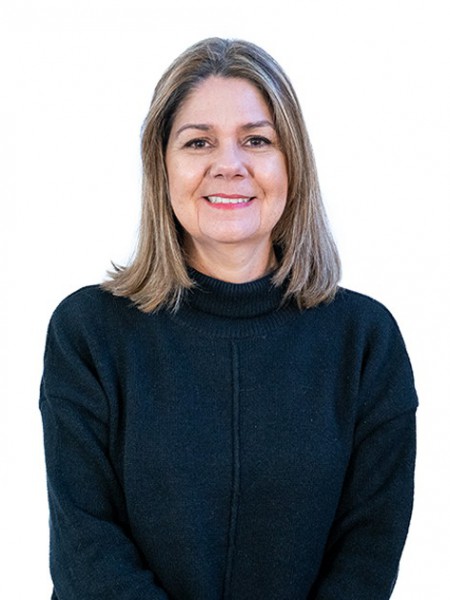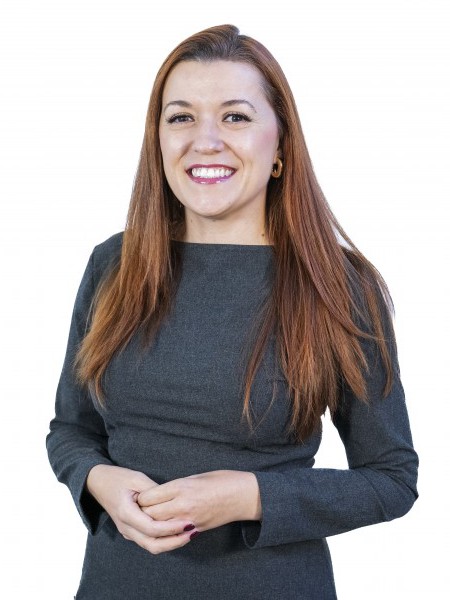resumo
Cheese whey is an environmental problem as an effluent, but also a source of valuable raw materials, namely proteins and lactose. In this work, Aqueous Two-Phase Systems (ATPS) were studied for the recovery of lactose, BSA, beta-lactoglobulin and alpha-lactalbumin, key components of cheese whey. ATPS formed by PEG (molecular weights: 200-8000 g.mol(-1)) with sodium or ammonium sulfate were investigated. Partitioning of the selected solutes was experimentally addressed in different ATPS and pH values. Partition behavior showed that ATPS formed by PEG1500/ammonium sulfate is able to separate lactose from proteins, while PEG300/sodium sulfate ATPS may be used for protein fractionation. These separation strategies were then tested with simulated and real cheese whey. Under optimized conditions, PEG 1500/ammonium sulfate ATPS allows efficient recovery of > 95% proteins (precipitate) and 80% of lactose (bottom phase), as confirmed for both simulated and real cheese whey. The results found indicate that the proposed polymer/salt ATPS can be used to design scalable and cost-effective separation strategies to apply in cheese whey and other related wastes.
categoria
Engineering, Chemical
autores
Gonzalez-Amado, M; Tavares, APM; Freire, MG; Soto, A; Rodriguez, O
nossos autores
Projectos
CICECO - Aveiro Institute of Materials (UIDB/50011/2020)
CICECO - Aveiro Institute of Materials (UIDP/50011/2020)
Projeto de Investigação Exploratória: Ana Paula Tavares (IF Ana Paula Tavares)
agradecimentos
This work was developed within the scope of the project CICECO-Aveiro Institute of Materials, UIDB/50011/2020 & UIDP/50011/2020, financed by national funds through the Portuguese Foundation for Science and Technology/MCTES, and project Multibiorefinery (POCI-010145-FEDER-016403), financed by national funds through the FCT/MEC, and, when appropriate, co-financed by FEDER under the PT2020 Partnership Agreement. Ana P. M. Tavares acknowledges FCT for the research contract under the Investigator Programme and Exploratory Project (IF/01634/2015). Oscar Rodriguez acknowledges financial support from the Regional Government (Xunta de Galicia, Spain) through project ED431F 2017/05.



